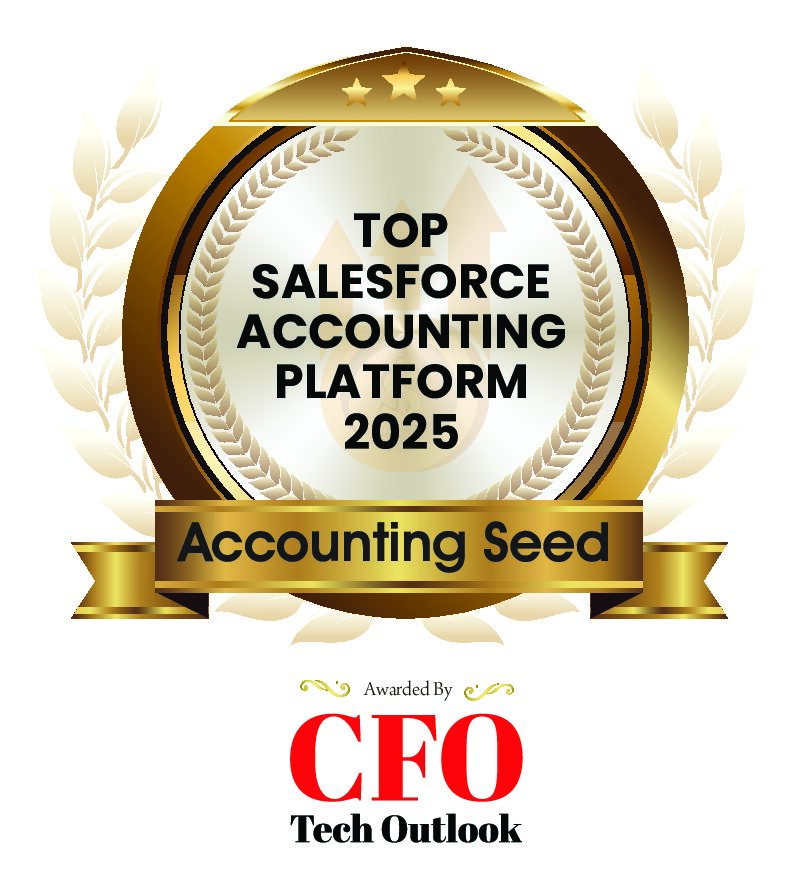
Automation has changed the face of Cloud IT and all the businesses that rely on it. Not only can data be viewed anywhere, but now processes can be completed instantly with nothing more than a button click. Accounting automation has been steadily growing. Since the pandemic, it’s become even more important. Here’s how COVID-19 has affected accounting automation and what this holds for the financial industry as a whole.

The Rise of Automated Cloud Accounting
Automated workflows and systems have been top of mind since the rise of cloud computing. Accounting processes were actually among the first to be automated. Automated financial management is a major resource for all business types for several reasons including:
- Financial processing becomes faster and less demanding
- Data is faster to acquire, easier to analyze, and use in critical moments
- Real-time statuses on the duration/expenses of projects
- Fewer human-related accounting errors
- And many other benefits
Automation makes financial processing faster and less demanding but it also impacts how professionals can gather and use data. Instead of manual data re-entry and time spent processing each transaction, automation frees the time of financial experts and leaders. They can focus more on directing the business and the customers’ experience instead of day-to-day operations. This also makes valuable accounting data more accurate and accessible.
In the midst of COVID-19, automation, in particular, was key to remaining operational. This includes how businesses were able to stay on top of their accounting.
Accounting Automation Post-COVID-19
Just as cloud IT has made data and technology more accessible, it’s also increased the need for financial data. And not just faster data, but more accurate data to streamline initiatives and coordinate remote work. Because companies were forced to pivot to a virtual setting, the role of automation became elevated, particularly in accounting.
Since December 2020, a survey found that 45% of executives have concurred that the influence of accounting has grown. Of these leaders, 19% described this increased influence as ‘substantially’ impactful. Just because staff work remotely, accounting actions and data can be completed and reviewed automatically without the need for in-person interference.
Simultaneously, financial data is critical for making the best decisions for organizational success. In an uncertain market, this data is even more important to make the most cost-effective and beneficial decisions.
In the economic fallout of COVID-19, cost-effective business decisions with high return-on-investment (ROI) became important for steady operation. Organizations using automation were more prepared and empowered to weather the storm and still achieve key goals.
COVID-19 Has Reinforced Two Things:
-
- Most of accounting’s manual entry is no longer necessary. Today, about 75% of accounting tasks can be automated. What’s been very clear with the pandemic is that this allows for a smoother, more efficient experience in a remote environment. Besides not skipping a beat, accounting automation allows for more efficient financial management while people work at a distance. An office or in-person environment isn’t required.
- Avoiding automation creates a major disadvantage for companies. In fact, 43% of financial professionals reported that their organization’s accounting process still required some manual work When COVID-19 forced a shift to work-from-home operations, extraneous processes became a great hindrance. Financial data is needed more than ever to manage costs and pivot during the pandemic. Additionally, lack of automation threatens the accuracy of data.
- Most of accounting’s manual entry is no longer necessary. Today, about 75% of accounting tasks can be automated. What’s been very clear with the pandemic is that this allows for a smoother, more efficient experience in a remote environment. Besides not skipping a beat, accounting automation allows for more efficient financial management while people work at a distance. An office or in-person environment isn’t required.
Even before COVID-19, manual accounting was holding businesses back from their potential. This only intensified with the quarantining and economic uncertainties of the pandemic. However, the reverse is true for organizations that adopted automated accounting functions. Organizations using automated IT processes pivoted more easily and remained efficient. Their financial management was unaffected because automation runs and updates on its own.
Automation makes cash-flow management and forecasting, financial data critical for navigating through COVID, This allows businesses to survive and even thrive, even under lockdown.
Move Forward With Automated Accounting
Moving forward, the use of automated accounting will only continue to increase. It was growing even before the pandemic. Companies are now looking to recover from the effects of COVID-19 by increasing their use of automation to drive remote efficiency and generate more reliable accounting. Those companies using automated accounting have a significant advantage over their competitors who don’t. Don’t risk becoming slowed by manual processing and missing out on valuable opportunities to enhance your organization!
Accounting Seed is a modern, robust accounting platform powered by the Salesforce platform. We’re committed to breaking down silos and building connections in order to take your business to the next level. Part of how we do this is by embracing flexibility and automation in every aspect of our design.
See Accounting Seed in action
Get a close-up view of how accounting on Salesforce can eliminate the need for costly integrations—and silos of mismatched information—by sharing the same database as your CRM.



